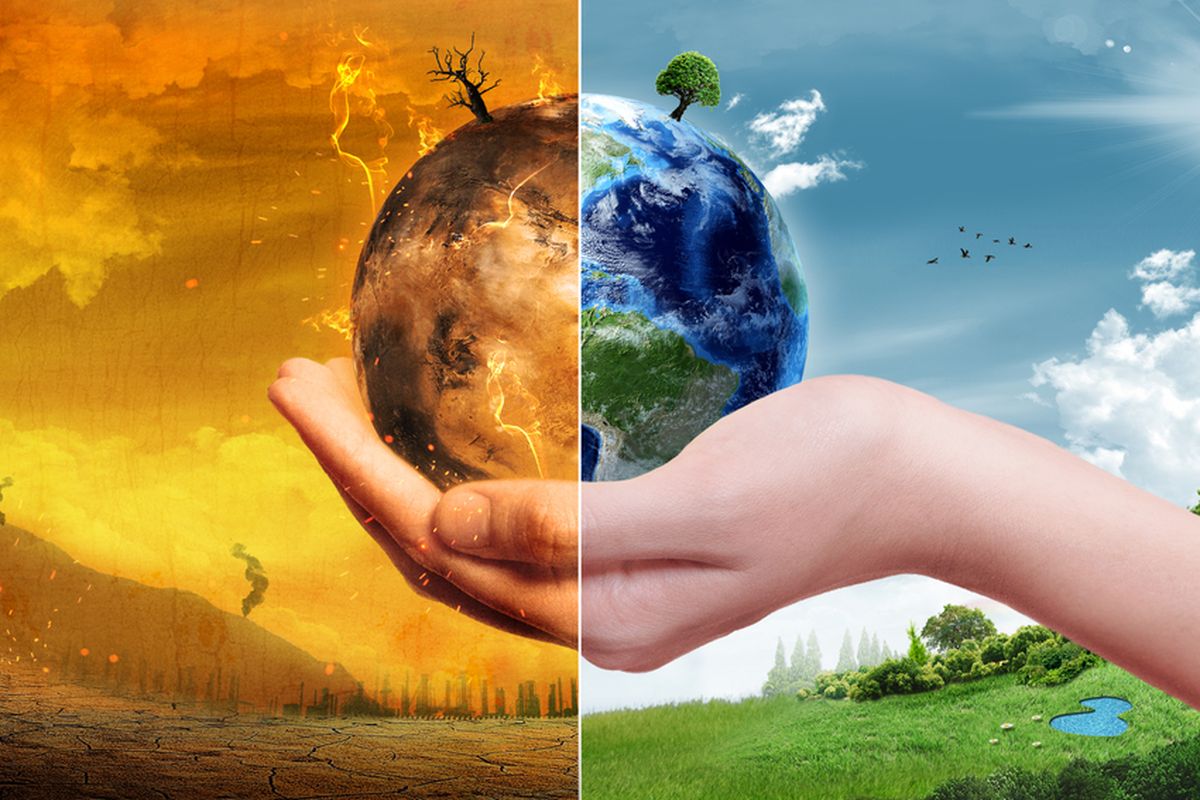Sink or Swim as Rising Sea Levels to Reach 40cm by 2100

Last year, Greenland lost a record 532 billion tonnes of ice — the equivalent of six Olympic pools of cold, fresh water flowing into the Atlantic every second.
This run-off accounted for 40 percent of sea level rise in 2019.
Read also: Greta Thunberg and Young Activists Talk Climate Action with Angela Merkel
The UN's Intergovernmental Panel on Climate Change (IPCC) in a special report on Earth's frozen spaces predicted last year that Greenland ice melt could contribute 8-27 cm to ocean levels by 2100.
It estimated Antarctica could add 3-28 cm on top of that.
A study published earlier this month in Nature Climate Change said the mass already lost by melt-water and crumbling ice between 2007-2017 aligned with the most extreme IPCC forecasts for the two sheets.
They also predicted rising sea levels to reach a maximum of 40 cm by 2100.
Authors of Thursday's research, published in a special edition of The Cryosphere Journal, said it highlighted the role emissions will play this century on the world's seas.
Read also: Multinational Companies Emit Nearly a Fifth of Global Carbon Emissions
"One of the biggest uncertainties when it comes to how much sea level will rise is how much ice sheets will contribute," said project leader Sophie Nowicki from the University of Buffalo.
"And how much the ice sheets contribute is really dependent on what the climate will do."
Levermann said uncertainty in the projections "cannot be a reason to wait-and-see" in terms of emissions cuts.
"We already know that something will happen. We just don't know how bad it is going to get."
(Writer: Patrick Galey)
Source: http://u.afp.com/3aKx
Simak breaking news dan berita pilihan kami langsung di ponselmu. Pilih saluran andalanmu akses berita Kompas.com WhatsApp Channel : https://www.whatsapp.com/channel/0029VaFPbedBPzjZrk13HO3D. Pastikan kamu sudah install aplikasi WhatsApp ya.

































